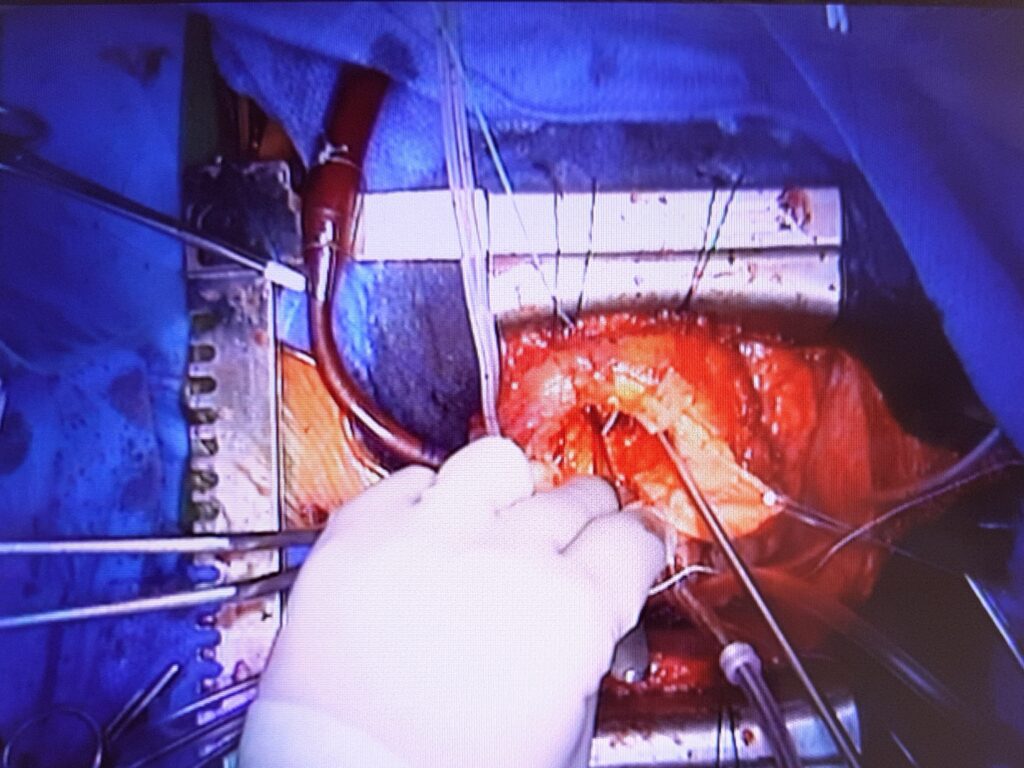Rationale and Design of the Intravenous Iron for Treatment of Anemia Before Cardiac Surgery Trial

Background
Approximately 20% to 30% of patients awaiting cardiac surgery are anemic. Anemia increases the likelihood of requiring a red cell transfusion and is associated with increased complications, intensive care, and hospital stay following surgery. Iron deficiency is the commonest cause of anemia and preoperative intravenous (IV) iron therapy thus may improve anemia and therefore patient outcome following cardiac surgery. We have initiated the intravenous iron for treatment of anemia before cardiac surgery (ITACS) Trial to test the hypothesis that in patients with anemia awaiting elective cardiac surgery, IV iron will reduce complications, and facilitate recovery after surgery.
Methods
ITACS is a 1,000 patient, international randomized trial in patients with anemia undergoing elective cardiac surgery. The patients, health care providers, data collectors, and statistician are blinded to whether patients receive IV iron 1,000 mg, or placebo, at 1-26 weeks before their planned date of surgery. The primary endpoint is the number of days alive and at home up to 90 days after surgery.
Results
To date, ITACS has enrolled 615 patients in 30 hospitals in 9 countries. Patient mean (SD) age is 66 (12) years, 63% are male, with a mean (SD) hemoglobin at baseline of 118 (12) g/L; 40% have evidence (ferritin <100 ng/mL and/or transferrin saturation <25%) suggestive of iron deficiency. Most (59%) patients have undergone coronary artery surgery with or without valve surgery.
Conclusions
The ITACS Trial will be the largest study yet conducted to ascertain the benefits and risks of IV iron administration in anemic patients awaiting cardiac surgery.
